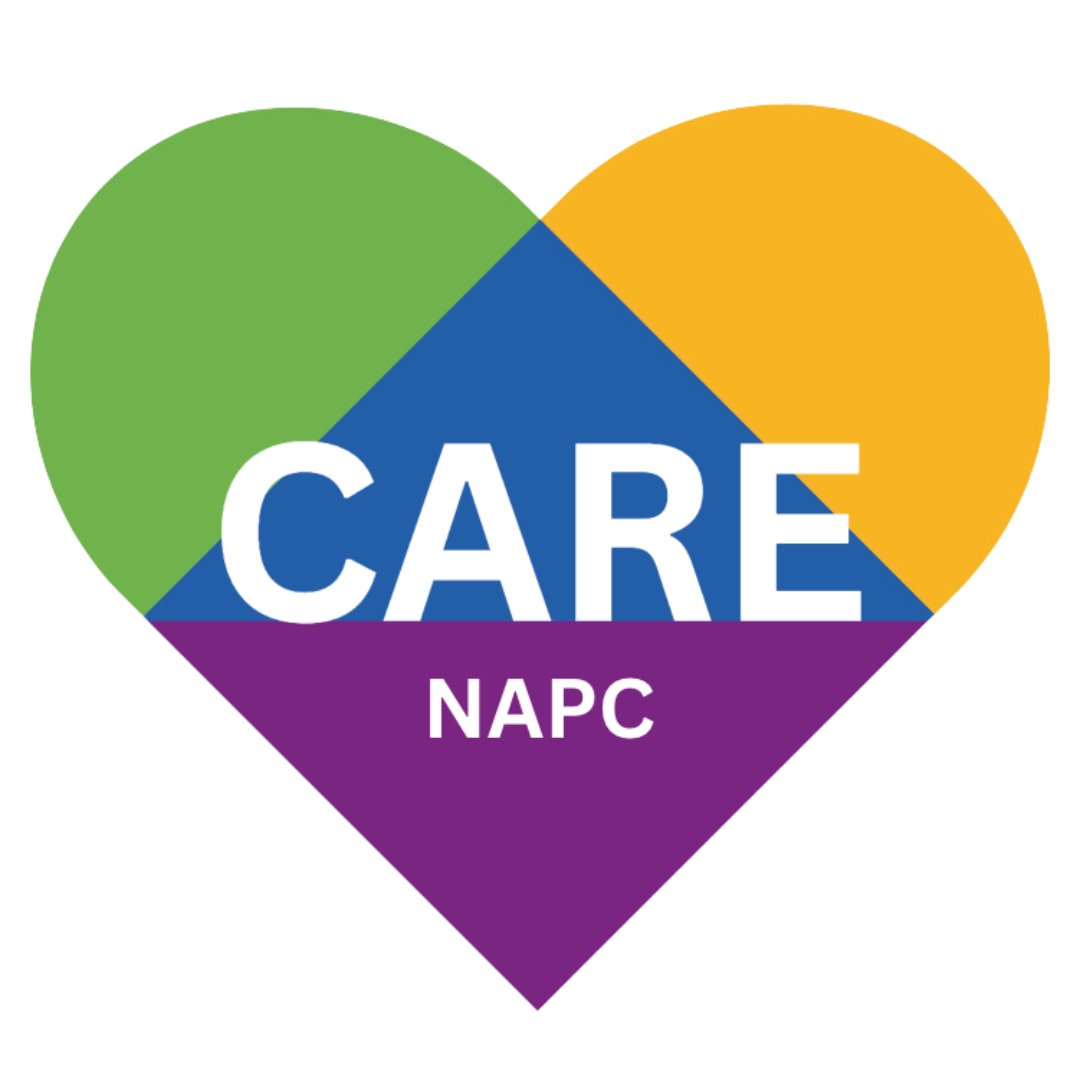Better patient activation results in better outcomes
Dr Minesh Patel’s insight feature in The Times Health Supplement.
The importance of community-centric healthcare
Read Katrina Percy, NAPC Deputy CEO’s interview with The Times Health Supplement.
Integrated Neighbourhood Teams
In this episode, we switch things up and interview Katrina Percy who normally hosts these sessions. We discuss what an Integrated Neighbourhood Team means, where it’s working and what the future holds. Our host for this session is Victoria Parker.
No Better Time to Make Health Tech Happen
NAPC are firm believers that the rapid adoption of health technologies can help health and social care systems achieve better outcomes.
Pharmacy First: supporting access to NHS care
By Dr Claire Fuller, National Medical Director for Primary Care, and David Webb, Chief Pharmaceutical Officer, NHS England. Every so often we experience a significant change in how NHS services are offered. Pharmacy First, which launched on 31 January 2024, is one of these changes.
Success through the CARE programme
Every programme delivered by NAPC starts with asking what it means for the health and well-being of the population and the sustainable delivery of care and support. This is nowhere more evident than in the CARE programme, supported by NHS England and delivered by the
Community Health and Wellbeing Workers Episode 2
In the second part of this series, we hear from Dr Matt Harris and Dr Nav Chana about the implementation of the Brazilian model into the UK.
Forming Integrated Neighbourhood Teams (INTs) around ‘natural’ communities – the Dorset approach
Our work in Dorset was initially focused on older people but quite quickly it became apparent that there was a desire to adopt this as an all-age approach. This emerged from an extensive listening exercise involving around 150 people.
Community Health and Wellbeing Workers – From Brazil to the UK
It was a natural partnership when Dr Matthew Harris and Dr Nav Chana teamed up to support the initiative of placing Community Health and Wellbeing Workers (CHWW) in Churchill Gardens, Westminster.



